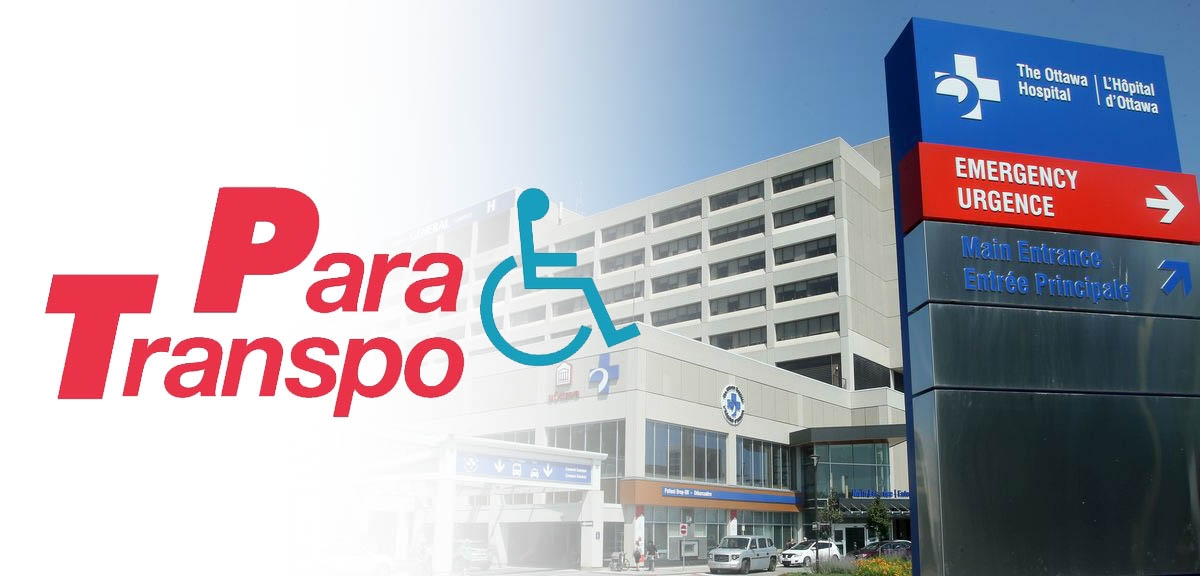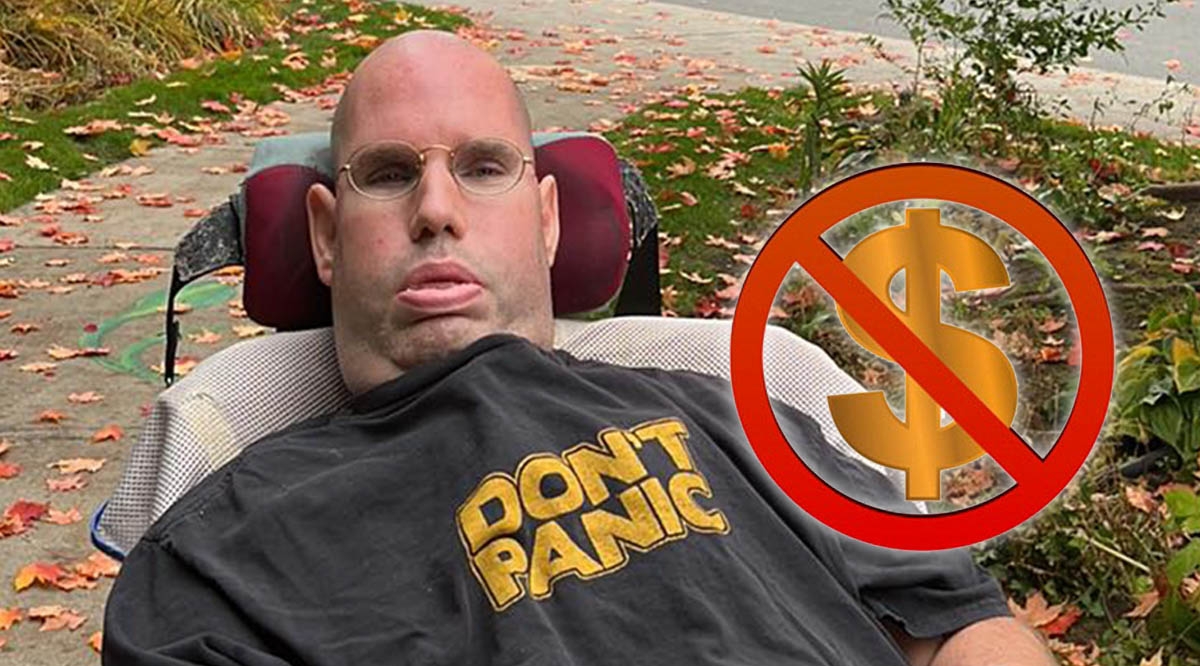
Yet another example of how the healthcare system and the City of Ottawa fail people with disabilities
Perhaps I’ve already shared this with you before. Please forgive me if I have. About five years ago, I had a feeding tube put into my stomach. Don’t worry, I won’t go into details about the procedure, but it wasn’t a pleasant experience.
The reason why I had the procedure was that I was admitted to the hospital for aspiration pneumonia. In short form, anything that I ate or drank was also going into my lungs, and that wasn’t the first time I had been admitted to a hospital for it.
For several years, doctors were suggesting that I get one, but I always said no. It may come to the surprise of almost nobody that I can be very stubborn at times. Another reason why I kept refusing is that I felt it would make me feel more physically disabled and also less attractive.
Long story short, I was very self-conscious about it, and sometimes I still am. I fully admit that.
It’s hard not to be when strangers often stare at me almost everywhere I go.
Getting back to my story.
I’ve had very few issues with my feeding tube. My PSW and other caregivers do an excellent job of doing what needs to be done to stay clean.
However, sooner or later, the feeding tube needs to be changed. So far, it seems to be every two years, but I think it can be shorter or longer for some. The last time that I had it changed was in 2019.
Over the past few weeks, I’ve been having issues with my feeding tube. Again, I won’t go into details because, frankly, it’s kinda gross, and I want to keep the readers that I have here.
Last week, I had an appointment over the phone with a resident that works for my doctor. I told them everything that was happening and that I wanted my feeding tube changed. They agreed that it was a good idea.
A few hours later, my regular doctor calls me and tells me that everything’s arranged. All I had to do was go to the ER and sign in. I was a little suspicious because that’s not what I did the last time I had my feeding tube changed.
In 2019, I went through the IV Radiology Clinic, and for the most part, it went pretty smoothly.
Fast forward to 2021, not so much.
My regular doctor deemed it “semi-urgent,” so, in my head, I figured that my doctor was right about going to the ER instead of the IV Radiology Clinic.
Boy, was I wrong.
I ended up waiting over five hours in a jam-packed ER waiting room. Towards the end, I was getting very anxious about being in a crowded space during a pandemic. I’m not yet comfortable with being in a crowd indoors. Thankfully, there’s a small hallway just outside the ER waiting room at the General.
After over five hours, my name gets called. At this point, I get an actual room. An ER nurse and doctor met with me, and they’re both excellent.
During this part, I get bloodwork done. Any time that happens, I feel like a voodoo doll because it typically takes a few pokes for them to find oil. This time it took three tries, and another nurse had to be tagged in.
Finally, the gastro doctor arrives and agrees that my feeding tube needs to be changed, BUT not today. The doctor wants me to return the following week. The reason being is he wants to put a scope down my throat to make sure that my new feeding tube is in the right place, which makes sense.
I explain to the doctor that getting transportation isn’t always easy, among other issues. In the end, though, I reluctantly agree to return sometime this week.
This is another example of how the healthcare system has failed when it comes to people with disabilities and mental health issues.
In this case, it isn’t 100% guaranteed that I’ll be able to get a ride to the hospital on the day that my procedure’s scheduled. Sadly, my best chance of getting a ride is for me to take a wheelchair-accessible taxi, which means more money out of my pocket than if I were to use Para Transpo.
Para Transpo doesn’t typically allow their customers to make same-day bookings, which is a HUGE flaw, especially when it comes to last-minute medical appointments.
Life happens, and not everything in life can be planned 24 or 48 hours in advance.
As far as mental health, my anxiety’s been pretty high since last week. I have anxiety about the procedure itself and about returning to the hospital. Will I get a nurse that will communicate with me and respect my needs? Will my PSW be able to assist with transferring me to the bed and back into my chair?
And, as I mentioned earlier, transportation as well.
The good news is that I won’t be in pain during the procedure and going forward.
I just really wish that the healthcare system as a whole, as well as Para Transpo, was mindful of people who rely on them.








